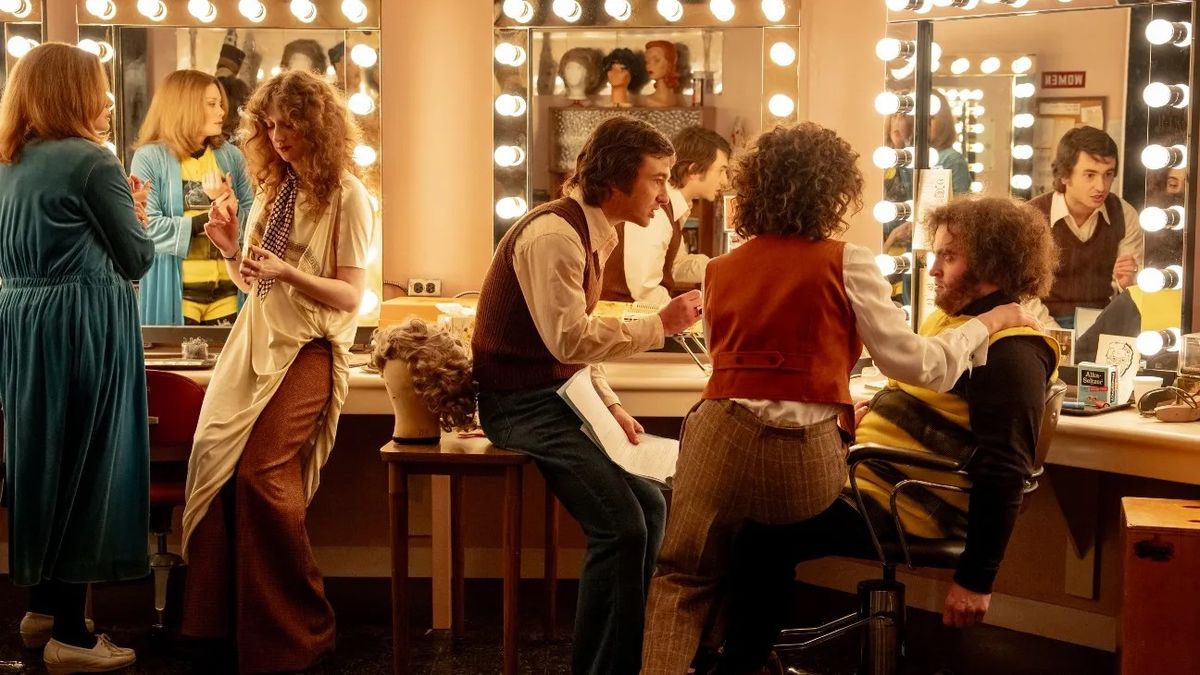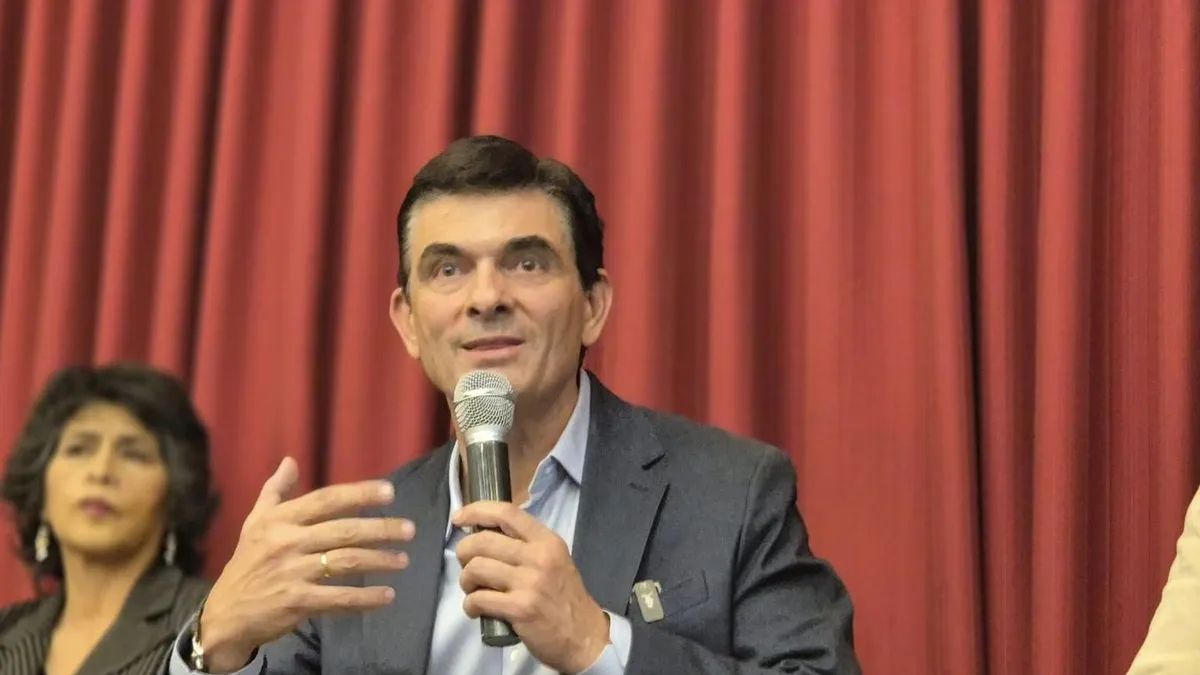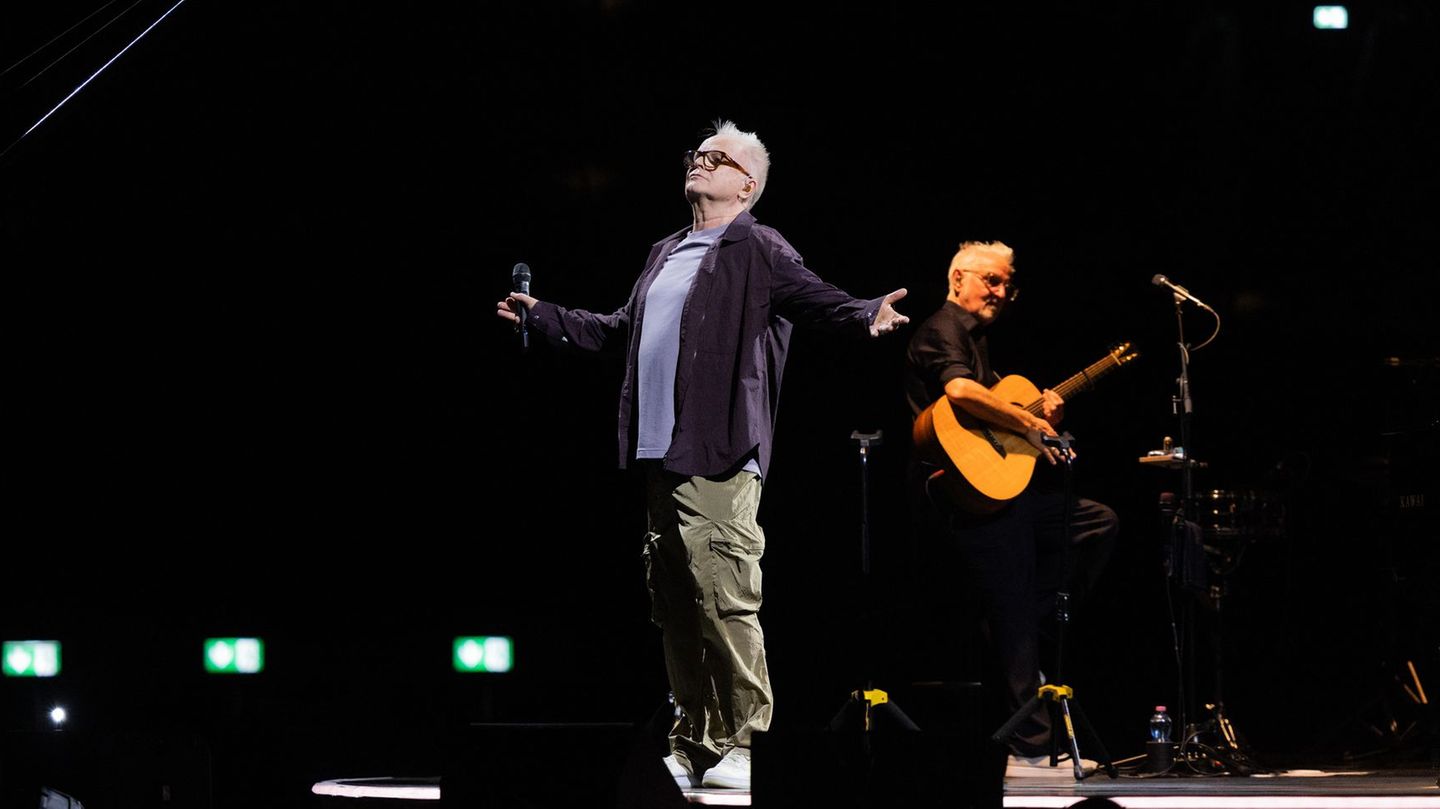Quite subdued, the Mar del Plata International Festival begins today. Don’t think about Hollywood stars or other places and crowds of people in the streets like in 1954, or about the brilliance of thoughtful critics and the triumph of a work like that of Ingmar Bergman when the Association of Chroniclers took over in 1959, nor the great figures, the competitions of already world-renowned authors and the fireworks that culminated each night of 1996, when after long ostracism the Festival was reborn, and with force, to a large extent thanks to the management of Julio Marbizthen in charge of Incaa. Don’t even think about last year’s Festival, which had its brilliance even when it was already in decline because they were tight on the necessary budget.
That last stage he died standing. Now another one begins with another team, with still less budget, and with greater indifference on the part of the authorities. At least it is done, because in January the idea was to definitively remove it from the calendar.
In the effort of this new stage, its new artistic directors bring more than 5 Oscar pre-candidates (the first, at tonight’s opening“Emilia Pérez”of Jacques AudiardFrance). The idea is to have Mar del Plata opening the season of the various awards that lead up to the Oscar ceremony, but, for now, “Variety” does not seem to have caught on. In fact, for years this has been an international festival without foreign envoys, not even from Uruguay. There is no money to invite them.
The popularity of the Festival is maintained, fortunately, and many young authors come to present their works, in competition or outside of it. Speaking of coming, this weekend they will be Jason Reitman (“Non-Stop Love”) that tomorrow opens the International Competition with “Saturday Night”the actresses Angie Cepeda (president of the official jury) and Paz Vega (also a jury and with its own film, “Rita”) and the Israelis Sophia Artus and Roy Assafwhich respectively bring “Halisa” and “Total cabaret” and on Tuesday they will participate in a public talk about the current cinema of their country, organized by the Israeli Embassy. The talk will be added Samuel Maozwhose drama “Foxtrox” shows the parents’ reaction to the death of their son who was doing military service.
More presences expected in the coming days: Miwa Nishikawawhich brings “Dear doctor” and “Under the open sky” (problems of a yakuza upon release from prison) and will give a couple of public talks on current Japanese cinema and women in that cinema, Fernanda Valadez (“Sujo”Mexican representative to the Oscar)Luciano Cáceres (“Goodbye Madrid”in Argentine Competition), Luis Brandoni (tribute to 1974 with “The Truce” and “The rebellious Patagonia”), Fernanda Mistral with his 90 years (tribute to Manuel Antin and a romantic short), Adriana Ugarte and Benjamín Vicuña (“The Silence of Marcos Tremmer”), Adriana Ugarte and Emma Suárez (“Disassembling an Elephant”), Luis and Eduardo Rivera Lopezwith a short in memory of the father, and Diego Peretti (“Ellipsis”, closing film).
Also Damián Rugna (“When evil lurks”), Fabián Forte, Nicanor Loreti and Luca Castellowhich present the triptych “Portraits of the Apocalypse”and Gonzalo Calzadawho will participate in a panel on Argentine horror cinema, and the special effects expert Pablo Helmanthree-time Oscar nominee. Born in Mar del Plata, drummer of the group Los Moros, one day Helman He traveled to the US to study music and there he found his calling. Has worked in “Apollo 13”, “Men in Black”, “Saving Private Ryan”two of “Star Wars”one of “Terminator”one of “Indiana Jones”two of “Ninja Turtles”, “Space Cowboys”, “War of the Worlds”, “The Mummy”, “The Irishman” and ““Wicked”which he himself will present at the Festival, explaining his tricks. On the last day he will receive the Honor Award from his friend from old times Lito Nebbia.
Separate line, Pilar Minguez and William Hinostrosarepresentatives of the powerful company Globo, from Brazil, who are preparing a series of meetings with Argentine producers and directors. Globo is the largest producer and promoter in Brazil’s audiovisual market, with a large complex of studios, channels and platforms.
To take into account: the Embassy of Japan contributes to the programming (Nishikawa and three of the historical Sadao Yamanaka), the Armenian Embassy (three of Sergei Paradjanov and a documentary about him, presented in Venice), the Goethe Institute (the two parts of “The Nibelungen”which will be seen with live music), state organizations that spread the art and culture of their respective countries with dedication and a good budget.
Source: Ambito
I’m a recent graduate of the University of Missouri with a degree in journalism. I started working as a news reporter for 24 Hours World about two years ago, and I’ve been writing articles ever since. My main focus is automotive news, but I’ve also written about politics, lifestyle, and entertainment.




